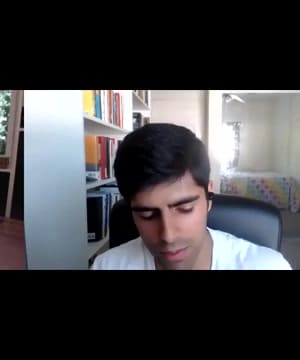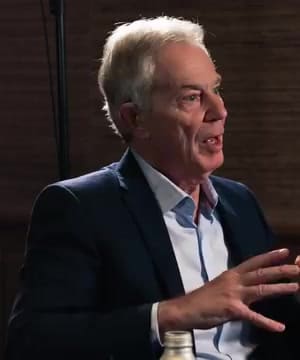radical change
Sources:
Dwarkesh Patel has discussed radical change in various contexts:
-
Middle Class and Working Class Energy: There's more energy in these classes for radical change than expected. This has evolved due to authoritarian tendencies seen in both Left and Right political factions, contrary to earlier beliefs about a stable modus vivendi involving elites and the working class. This change in dynamics has produced surprising political shifts, such as the rise of Trump in the United States 1.
-
Enlightened Despotism: Patel and Alexander Mikaberidze explored the notion of enlightened despotism through figures like Napoleon, who, despite being shaped by revolutionary events, did not embrace radicalism. They discussed how Napoleon's pragmatic approach and reforms have lasting impacts, albeit not necessarily revolutionary changes 2.
-
Innovation and Institutional Quality: Dwarkesh Patel and Garett Jones discussed the potential for radical changes in immigration policies and their impact on innovation and institutional quality. They suggested experimenting with open borders in countries with good institutional quality but not necessarily innovation powerhouses to see how radical changes might unfold 3.
-
Educational Reform: Tony Blair discussed the radical potential of integrating AI in education and healthcare to create personalized and efficient systems. However, the big challenge is reforming established systems to harness these changes effectively 4.
-
Technological Evolution: Razib Khan highlighted the radical changes driven by advancements in social and information technology, suggesting profound impacts on our existence and society's structure 5.
These discussions reveal multiple dimensions and implications of radical change across political, social, and technological spheres.
RELATED QUESTIONS-




